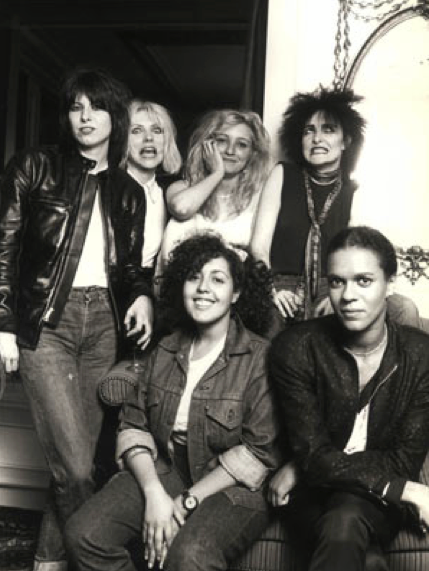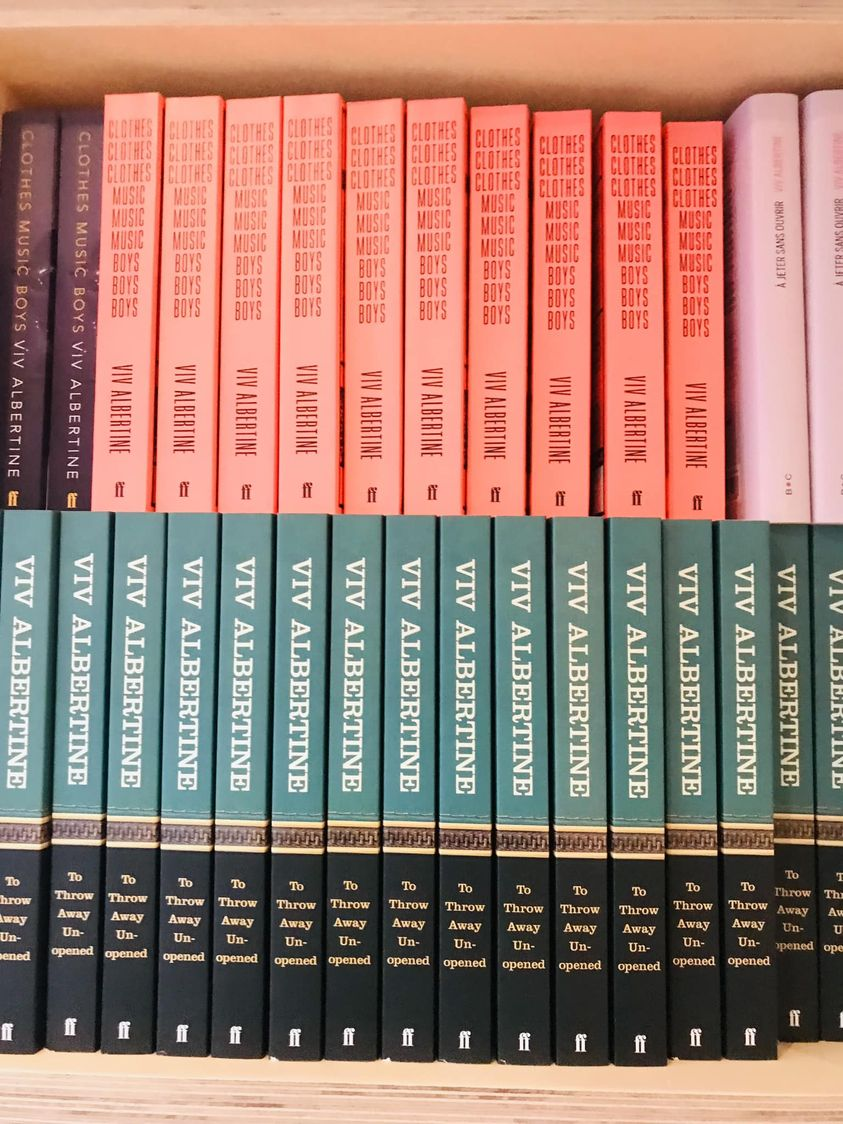An Interview With A True Punk Legend Viv Albertine of The Slits
Interview by: John Wisniewski
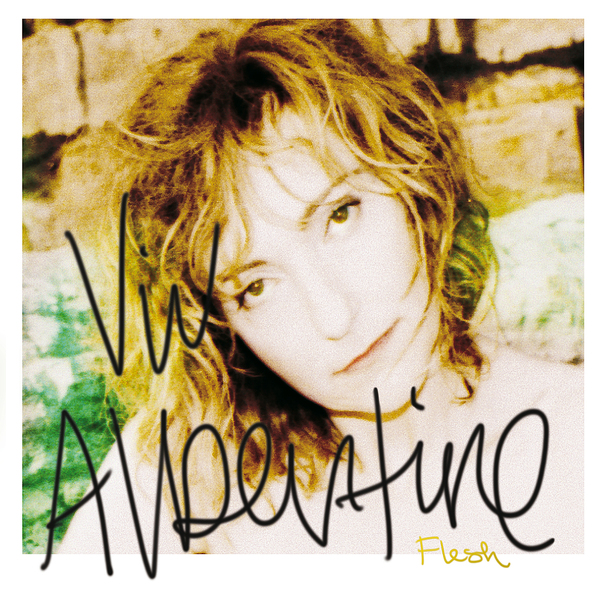
In this interview, the fabulous Viv Albertine speaks about the early days of The Slits, the working class in England, her adventures while growing up and being in The Slits, writing her autobiography, and her solo record.
Punk Globe: When did The Slits form, Viv? What was the idea for forming the band?
Viv: The Slits were already a band when I joined. I saw them play at Harlesden Colosseum in 1977 and thought Ari and Palmolive in particular were fantastic. I called them up the next day to say how much I enjoyed the gig ( there were so few of us in this new ‘movement’ that we all knew each other) and they laughed because they’d asked me to join the band six months earlier but I’d said no. I was in a band with Sid Vicious at the time, called The Flowers of Romance but Sid chucked me out and then he joined The Sex Pistols, so by the time I saw The Slits play I was free. There was no big idea about forming the band as far as I know there was a general ethos in the air called (now called punk) that you didn’t have to be able to play, or be male, or be able-bodied, or be white to be in a ‘punk’ band. The attitude opened the door to music for many more people than before. I’d never seen a girl play guitar and drums, I thought only boys who were very good at playing guitar could be guitarists (with their boring guitar solos and could be Guitarists fancy jazz chords). It never occurred to me I could be in a band until I saw The Sex Pistols play, I made the mental leap. They were working-class like me (they were better than me, I couldn’t play at all) so all I had to do was to get past the fact they were male to realize I could do it too. I didn’t realize until recently that I was actually poorer and less educated than most other ‘punks’. I thought we were all working-class rebels. We didn’t talk about our backgrounds much (some of them pretended to be working class) it wasn’t a ‘thing’ like now. My mother was very strict about how I spoke growing up because she was a child of immigrants (my father was also an immigrant) and she thought I would get on better in life if I spoke ‘properly’ so most people around me in punk times I was middle class because of how I spoke and carried myself but I was poorer and had a more dysfunctional background than all of them. I can count on one hand the real working class (or poor) people from those days.
Punk Globe: What was it like writing your autobiography?
Viv: It took three years each to write my books- Clothes Clothes Clothes, Music Music Music, Boys Boys Boys, and To Throw Away Unopened (both published by Faber in the UK) and like playing the guitar, I didn’t know if I would be able to do it when I started but again I took the leap. In the early 2000’s, I thought, I’ve lived an unusual life and made a couple of big leaps against the odds, against society, and against class and gender expectations think my story could be interesting, to young people especially, but no one is going to invite me to tell it. I’m going to have to do it myself, same as picking up the guitar. Certain demographics in society, usually not very radical ones, are always being asked to tell their story and being celebrated on TV, in exhibitions etc. I wasn’t in that demographic and nor were The Slits. Even forty years later, it’s the ‘punk’ bands playing derivative versions of our rock n roll that we are celebrating and getting the royalties. The Slits didn’t have any role models and our music and lyrics still sound fresh and original because of that. I’m so glad I put my story-and in some ways a woman’s story-and experiences out there. The books did well which shows if you can get past the gatekeepers, people do want to hear about alternative lives.
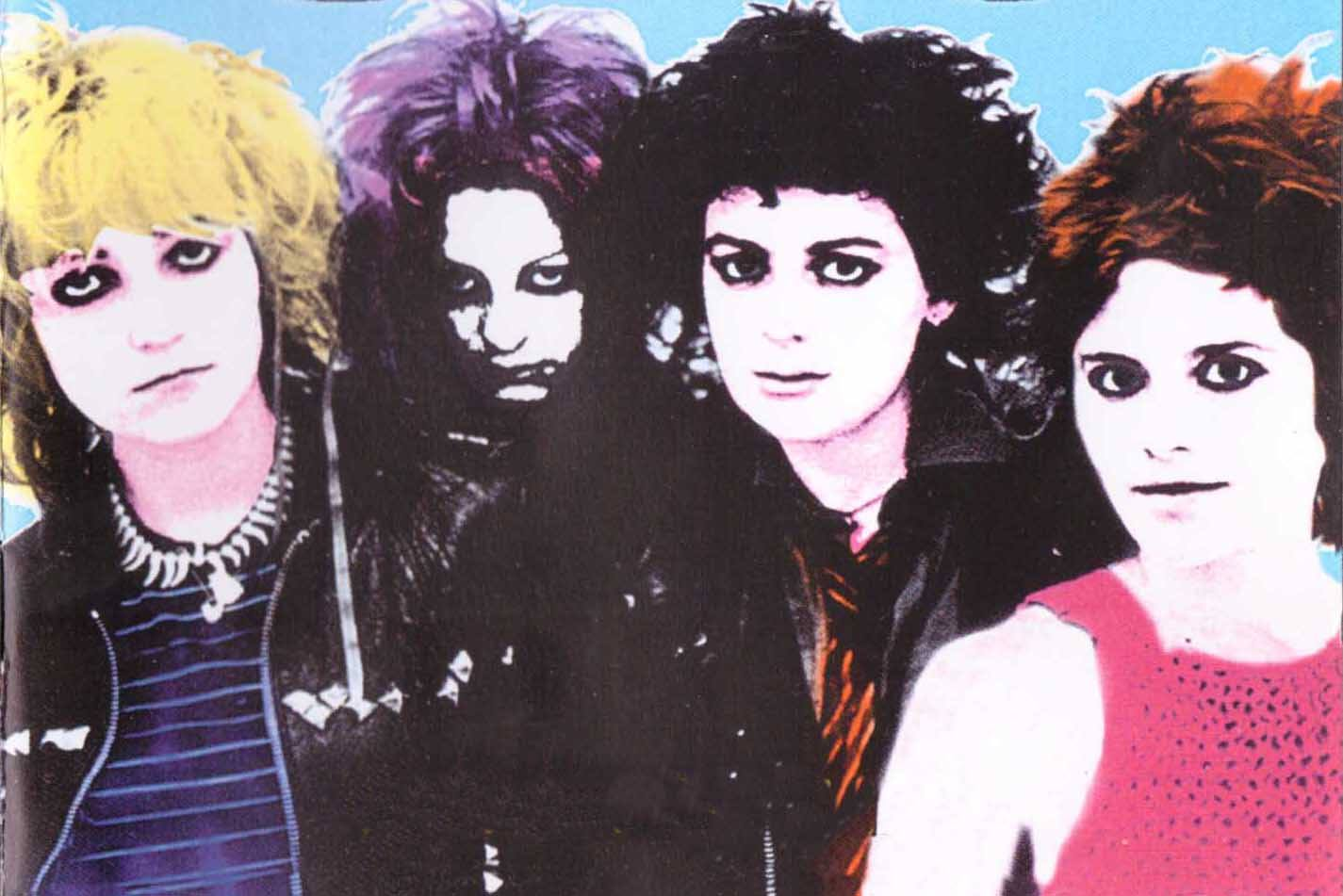
Punk Globe: What were the early days like for The Slits?
Viv: For me who hadn’t traveled, to go to other countries (and around the UK) not as a tourist but as a working person, playing music, meeting other musicians and audiences from all of these places, it was a fantastic experience. Wherever we went we were taken straight into the heart of the city that was my favorite part of being in the band. In other ways it was very difficult and painful, the sexism, the violence ( we were physically attacked and threatened on a daily basis) we made no money, we were treated badly, not taken seriously in any way, and not even looked at (literally) by sound-engineers and other industry/record company types. In the end, we became exhausted and burnt out, and in some ways turned on each other. Even Ari who was young and very robust, said years later that she felt as if she’d been through a war.
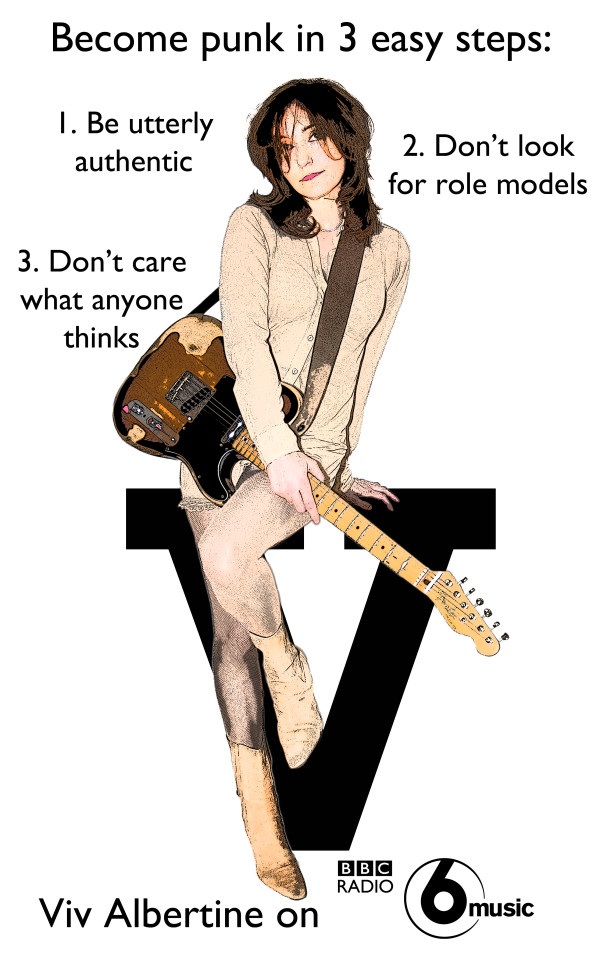
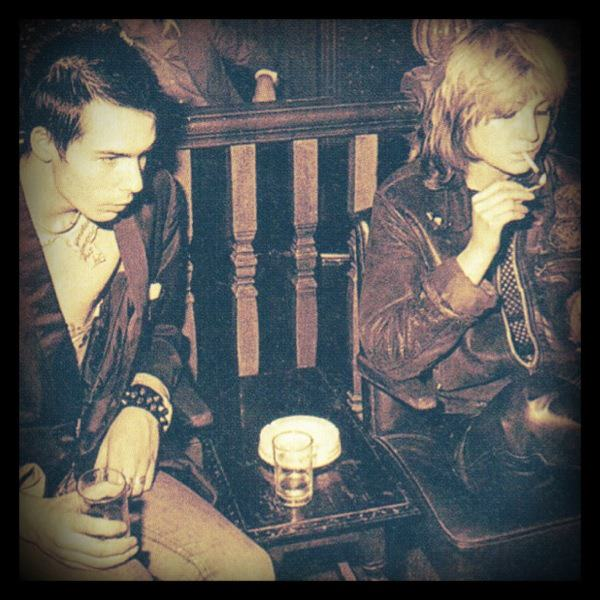
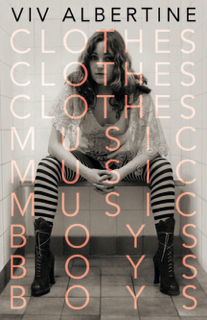
Punk Globe: What was the experience like recording your first solo album?
Viv: Musically it was a very exciting recording ‘Cut’. We kept putting off recording until we felt we could reproduce what was in our heads, what we thought the songs should sound like.
We kept practicing and after about two years (1979) we went into the studio, Ridge Farm, for a month with a fantastic producer, Dennis Bovell, who I’m still friends with to this day, and made what I think is an extraordinary and ground-breaking record. I hope it’s ok say forty years later-l almost don’t feel like it was me because it was so long ago! The record has won acclaim since. When I listen to the live John Peel sessions we did in the years before, we recorded the album, they actually sound incredible too. Busting with energy and so intense, they’re as brilliant as ‘Cut’, just different, raw, bloody, high octane.
Punk Globe: Any interesting stories about being in The Slits that come to mind?
Viv: Only the hard times stick out, like with any life, difficulties resonate longer, human nature I suppose. I don’t want to go into them.
Punk Globe: any favorite punk bands?
Viv: None that I can think of.
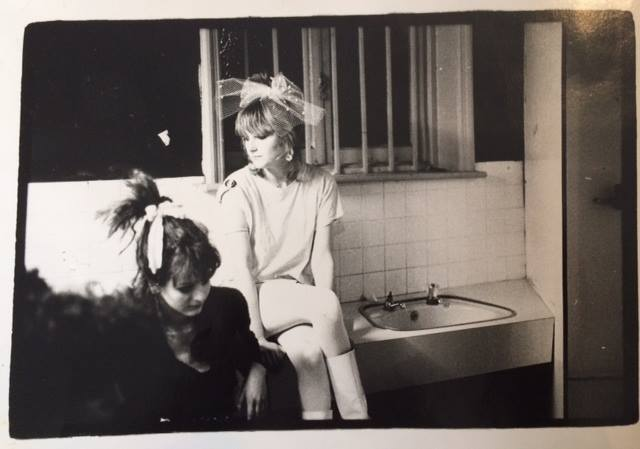
Punk Globe: What are you working on now?
Viv: I’m writing two books. One is a pictorial history of the visual work I’ve made over the years starting from 1973 when I first went to art school. Going to art school was considered to be a complete waste of time in the early seventies- something your parents would be ashamed of. I’ve been to lots of art schools. I kept dropping out or getting chucked out of them. I didn’t fit in anywhere, not even there. I think it’s interesting to show how much failure and poverty of someone trying to be an artist. Someone working-class, female, born in the 1950s with no private income or backers, supporters that is. Most of us didn’t make it as artists. I think it is an interesting hidden story. Also, the artists have been decimated by the Tories and capitalism (and Brexit) in the UK, so it’s also a shot of a different time when being an outsider was a path some of social misfits and undesirables could take and just go about surviving or at least find some like-minded people to hang out for a while.
Punk Globe: Thank you for the very informative interview, Viv. It was a pleasure to get to know you.
